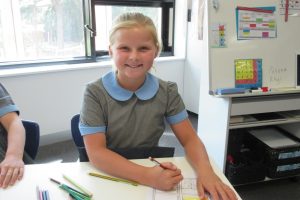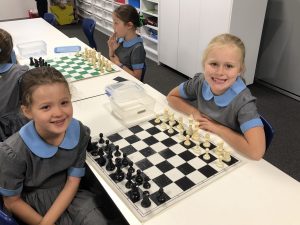Communication with the Junior School

Communication with the Junior School
To ensure a successful home-school partnership, open communication between home and school is very important. Your child’s teacher is the first port of call for classroom and learning related issues. If an issue concerns the School or relates to issues across year levels or the safety of a child, then communication should be made with the Deputy Head of Junior School, Ms Catherine Samuel, or Head of Junior School, Ms Karen McArdle. The best way to communicate with teachers is via email and with the School is via email or phoning reception.
Teachers spend eighty per cent of their time in the classroom teaching and the remainder in planning meetings, professional development and directed duties. Please keep this in mind when sending emails. Your emails are important to us, but teaching a class will take priority over responding to emails. Teachers will respond as soon as they can or when they have the information you request; they will endeavour to respond within 48 hours. Please remember that teachers can have numerous emails to respond to, so try to keep emails to important issues only.
Perseverance – An Important Skill
Perseverance can be defined as “persistence in doing something despite difficulty or delay in achieving success”. This is one of the most important skills we need to develop in our children, as it applies to all aspects of our lives.
At school, students need perseverance in order to learn. We need to tell our children that learning can be a struggle and that struggling is normal and to be expected. To give an analogy, I can relate my learning experience to trying to ride a skateboard for the first time. It did not end well – there were grazes, blood, bruises and tears. The first lesson I learnt (the hard way) was not to try a skateboard for the first time on a slope and not to lean back once on it – a lesson I still remember to this day!
All too often, children expect learning to be easy – but often it is not and it does not come easily. We should teach them that it will be hard at first and sometimes a little scary but, bit by bit, it will become easier until we are competent or reach a mastery level – just like the process they went through in riding a bike. At first they had training wheels, but when they came off it was a little scary. Mum and Dad had to support them and hold on to the bike, but gradually they got used to it, grew in confidence and skill, and eventually they were competent – reaching their desired goal.
Tell your daughters that learning can be difficult and that experiencing difficulty is normal. Tell them stories of the times you struggled at school or at learning something new. It helps them and prepares them for times when they will have to struggle and demonstrate perseverance to get there. The main aim is for them to really try and to persevere before asking for help. We want our children to be independent, capable adults, and persevering with tasks and problems now helps them gain and develop skills to take on more learning and achieve at higher levels when older.
Assemblies
I look forward to embracing the ‘spirit’ of Barbreck each week at our Assemblies. This year, the Assemblies will now be hosted by the Junior School Captains, Chloe Favaloro and Audrey Doan, with a wonderful emphasis on student achievement, student contribution and student personal development. To highlight the great work of our students, a number of new positions of responsibility have been created. We will be introducing the following positions:
- Reporter for Sports
- Reporter for the Arts
- Reporter for Academics.
Two Year 6 girls will fill each of these positions for a semester, giving 12 girls across Year 6 an opportunity to report on the great achievements and contributions made by students in Years Prep to 6. They will showcase these through reports at Assemblies, the creation of awards and acknowledgements to encourage our girls to give their best across all areas of schooling. We have many girls who contribute so much and put in such great effort; it will be good to see their achievements recognised.
Important Dates for February
Tuesday 19 – Leadership Assembly.
Monday 25 – Junior School Photographs (Full school uniform please).
Tuesday 26 – Official Opening of the Junior School – Barbreck.
Ms Karen McArdle, Head of Junior School
First Week of School for Year 6
The students of Year 6 have made an excellent start to 2019. As the leaders of the Junior School, they are relishing the opportunities that are available to them. The Year 6 girls have the chance to assume a wide variety of leadership roles that provide them with opportunities to demonstrate their commitment to helping other students, acting as ambassadors of the School and providing support to both staff and students.
During this first week of school, they have already experienced some of their new responsibilities as they have helped the Prep girls at lunchtimes and recesses, spoken at the first Assembly of the year, helped with afterschool sport and settled into their new classrooms. A great start to an exciting year!
-
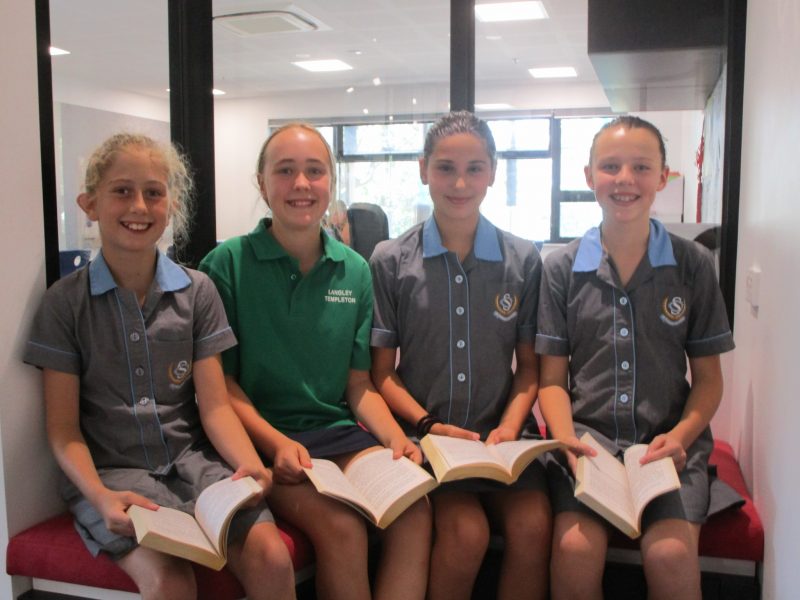
Poppy Maling, Annabel Calvert, Saachi Hogerhorst, Chamonix Stafford.
-
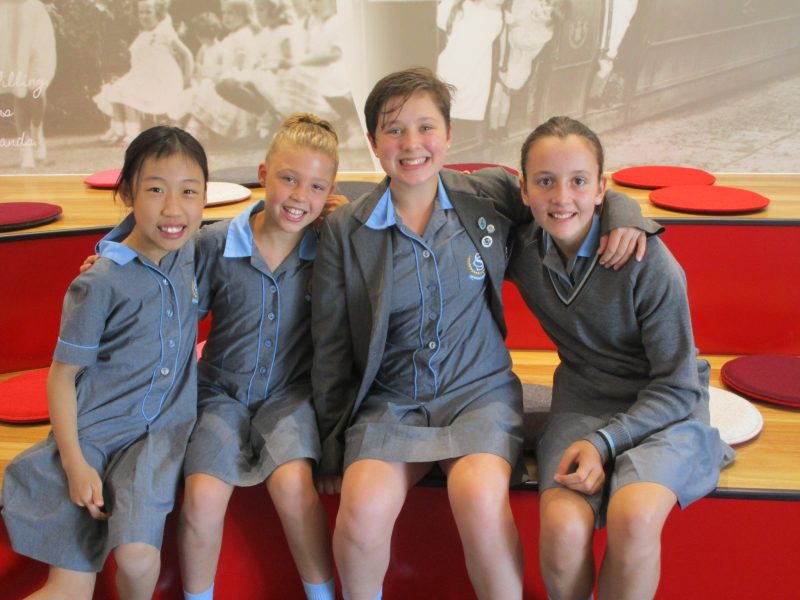
Xiuqi (Anna) Wang, Sophie Knight, Portia Gowrie, Ella Derbyshire.
-
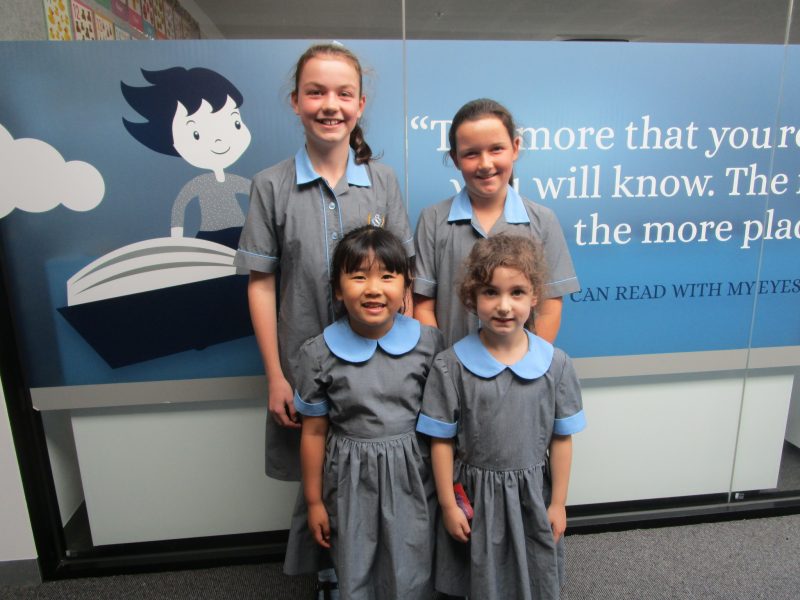
Catherine Ross, Harriet Syme, Sylvanas Zhu, Alice Mackenzie.
-
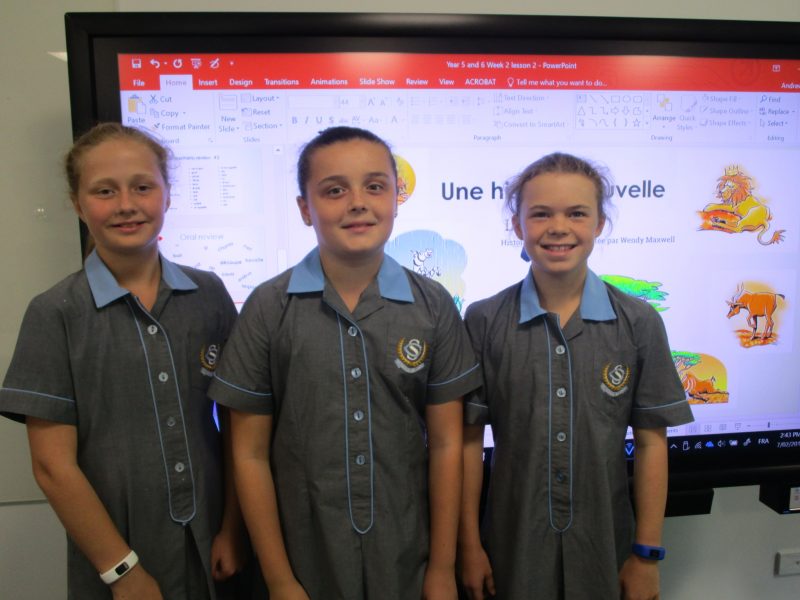
Emily Tulloch, Gemma Thorn, Annabel Taylor.
-
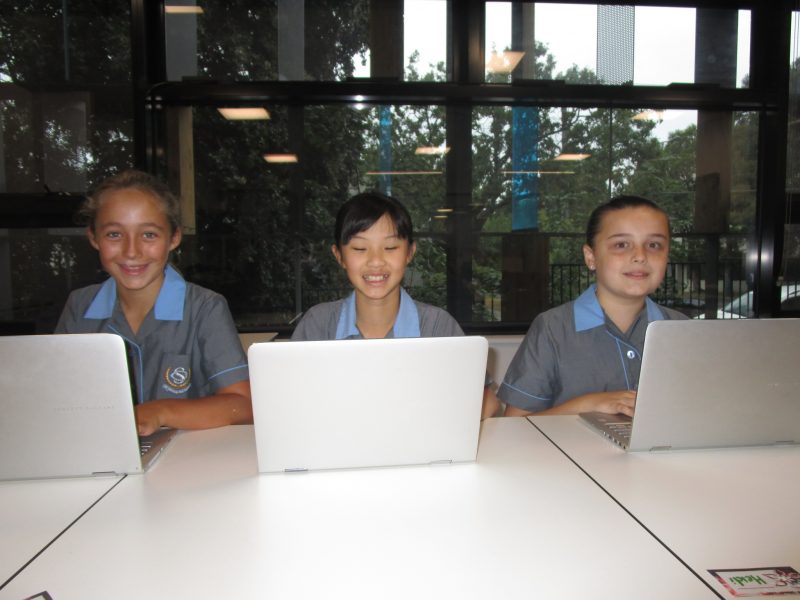
Rose Rush, Natalie Wang, Gemma Thorn.
Ms Sandra Ching, Year 6C Teacher
Chess Club Update
On Thursday 7 and Friday 8 February, 50 girls from Years 1 to 6 participated in the Junior School Chess Club. Each week the girls arrive at 8.00am for a quick 10 minute lesson, led by Ross Neumann from Chess Ideas, before putting their skills to the test, playing one another in mini-tournaments. It has been wonderful to watch the growth in each girl as they learn and practise new strategies and skills, and how quickly they absorb and apply the new learning.
As well as playing just for the enjoyment of it, Chess has the potential to add great value to overall learning, both from an academic and social perspective. The skills, attributes and mindset required to learn and play Chess are remarkably in line with what recent research shows are the 21st century skills we need to be teaching our children including creativity, communication, collaboration and critical thinking.


